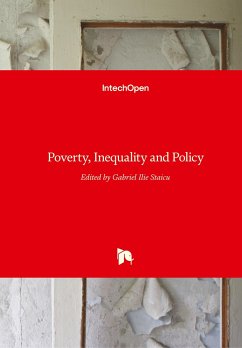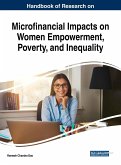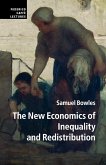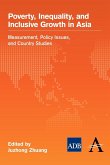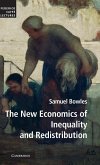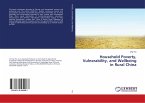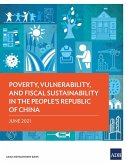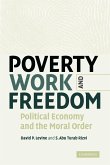What is poverty and how do we measure it? What is the link between inequality and poverty? What can governments do to alleviate poverty and inequality? Does economic growth reduce poverty in the long run? These are some important research questions that are addressed in this book. It brings together important researchers and university professors to offer some analytical insights into the field of poverty, inequality, and public policies. Using quantitative and qualitative research methods, the authors examine issues relating to (a) contextual, academic, and cognitive differences between rural and urban poverty; (b) the impact of inequality on poverty; (c) theoretical considerations and empirical findings about poverty and inequality with a special reference to Croatia and Pakistan; (d) the role of trade facilitation in reducing poverty in South Asia; and (e) the impact of trade liberalization on economic growth and poverty implications with a special reference to Sri Lanka. The reader of this book will find it concise, with a clearly defined research methodology and findings, and easy to understand. Benefiting of recent statistical data and practical experience from various countries around the world, the findings and conclusions might be helpful to academia and policy makers to find better answers to poverty and inequality in the future.
Hinweis: Dieser Artikel kann nur an eine deutsche Lieferadresse ausgeliefert werden.
Hinweis: Dieser Artikel kann nur an eine deutsche Lieferadresse ausgeliefert werden.

